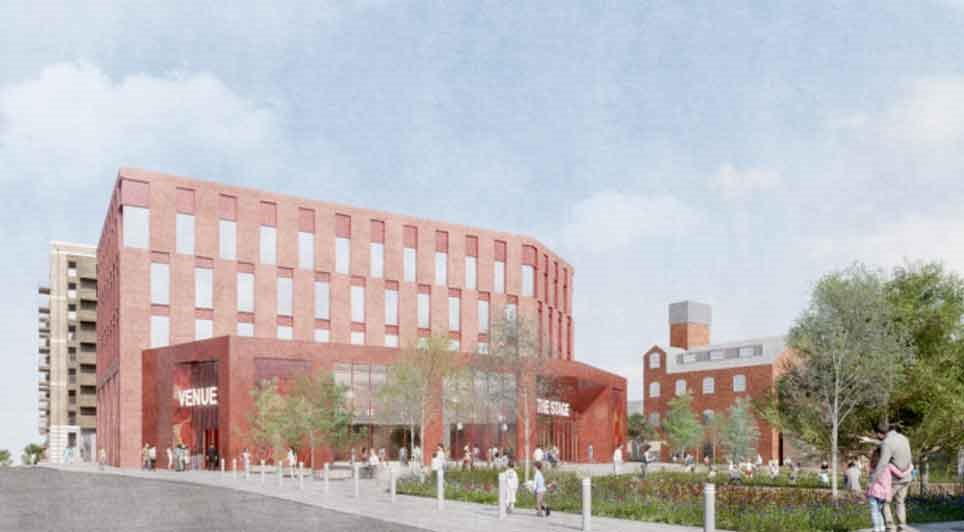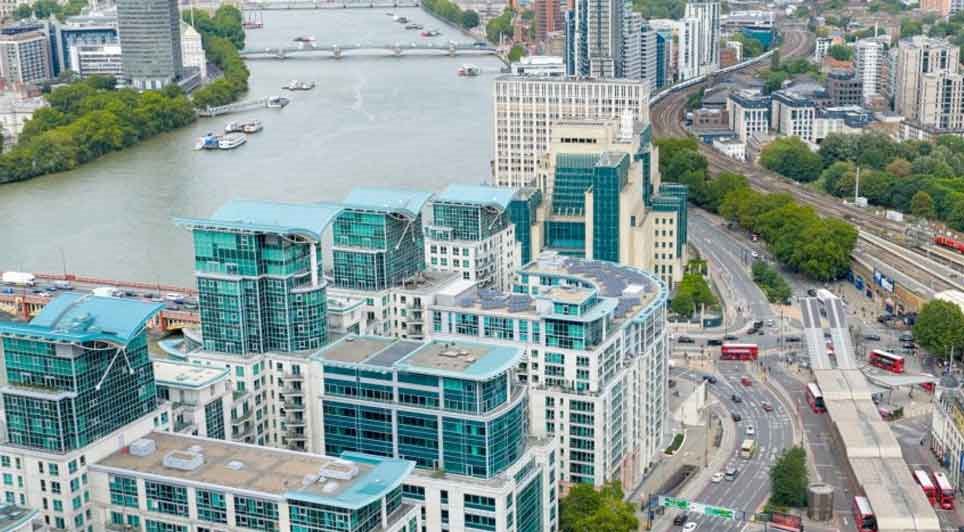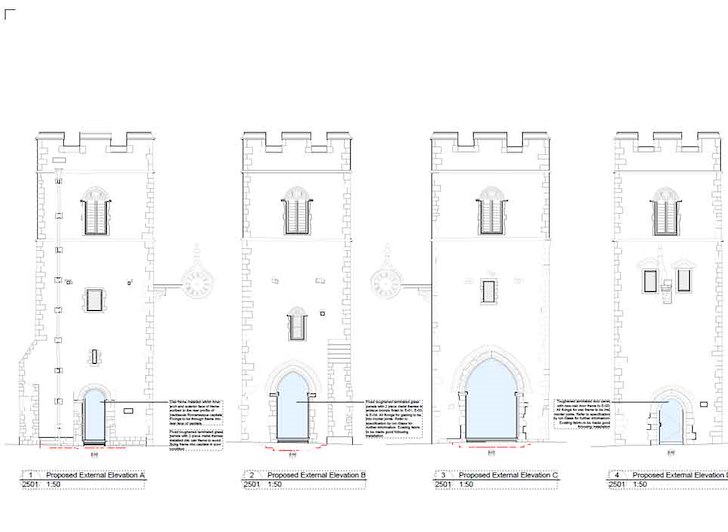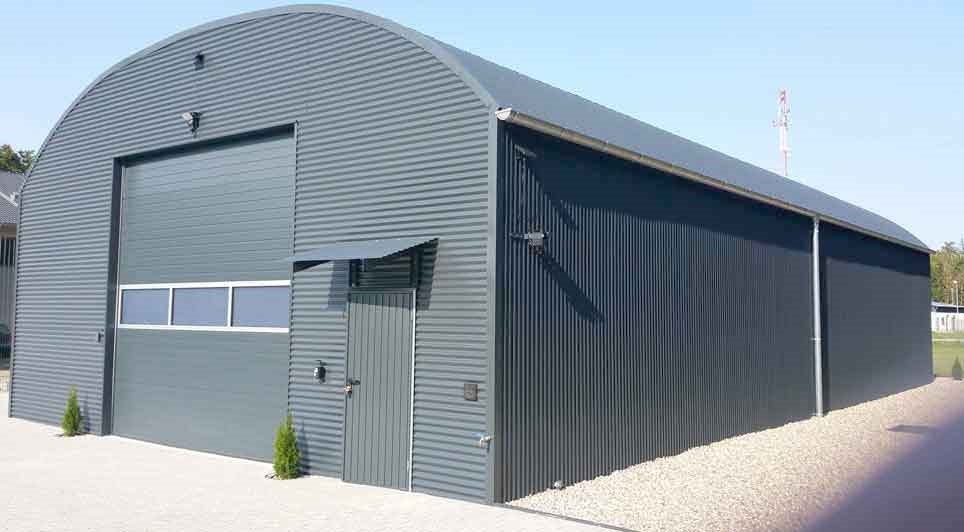Research of UK councils saw nearly half of councillors admit that unless work is done to retrofit and decarbonise their building stock, utility bills will become unaffordable.
More than two fifths of councils have warned they will be unable to pay their energy bills unless work is carried out on many of their buildings to make them more energy efficient, new polling has revealed.
The research shows that 44% of councillors admit that unless work is done to retrofit and decarbonise their building stock, utility bills will soon become unaffordable. Some 15% have even warned that their public buildings would become unusable.
The polling, on behalf of construction company Willmott Dixon, also reveals that more than four in five (82%) councillors in England say their local authority has a plan in place for delivering on their net zero commitment.
However, councillors acknowledged that there are several challenges to retrofitting and decarbonising their public building stock, with more than half (58%) of councillors concerned that scaling up efforts to decarbonise and retrofit their public building stock is being impacted by budget shortfalls. Almost half (48%) also cited that the scale of the challenge is a barrier.
Recent analysis by the Local Government Association (LGA) suggest councils will face a £3.4 billion funding gap in 2023-24, rising to £4.5 billion in 2024-25.
The Government has estimated that the cost of decarbonising UK public sector buildings is estimated to be £25-30 billion. Without this investment, the UK will fail to meet its aim of net zero emissions by 2050.
Almost a third (30%) of councillors rank retrofitting and decarbonising existing buildings as their top priority for low carbon infrastructure projects. But the polling reveals that more than half of councillors (56%) do not know what their council’s budget is for retrofitting and decarbonising their public building stock.
Of those who do know what budget has been allocated, 20% of councillors -the largest single proportion - say it is between £100,000 and £10 million.
 UK
UK Ireland
Ireland Scotland
Scotland London
London






















